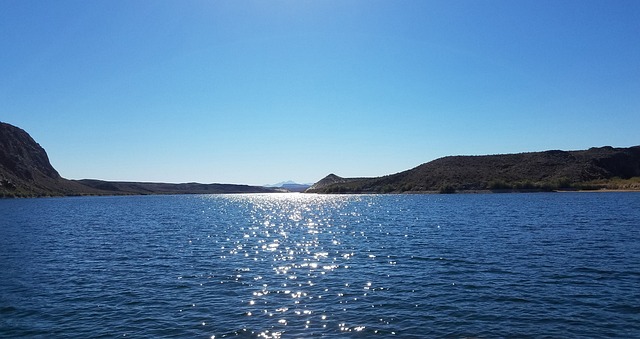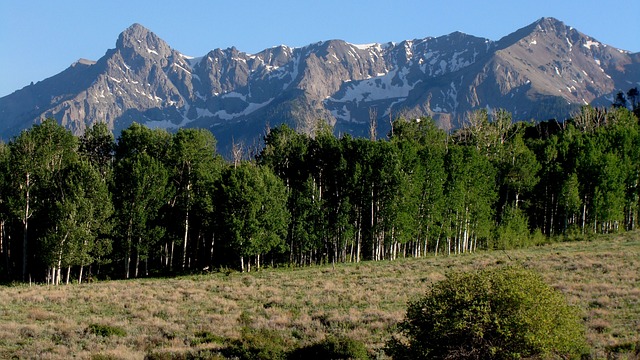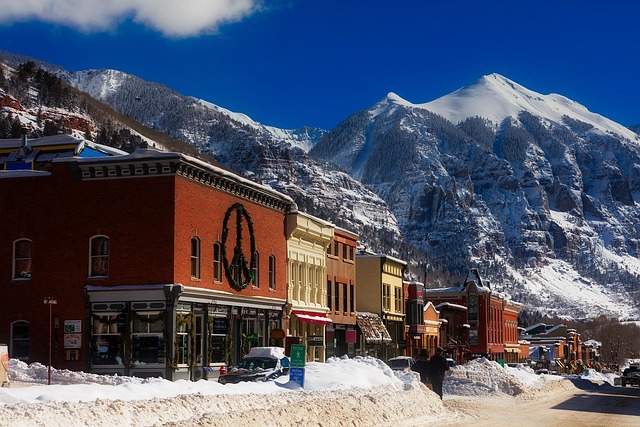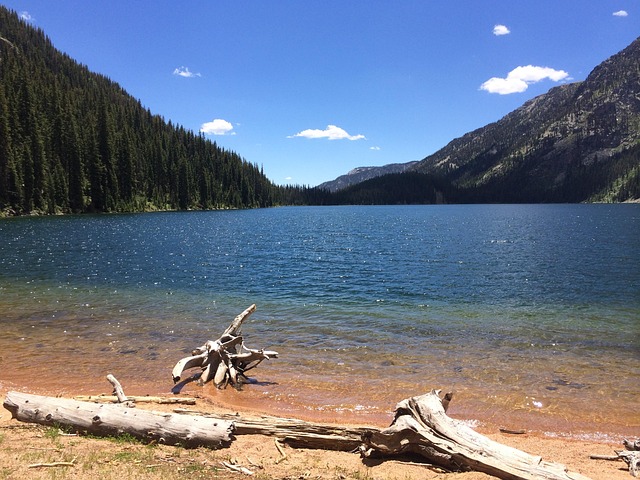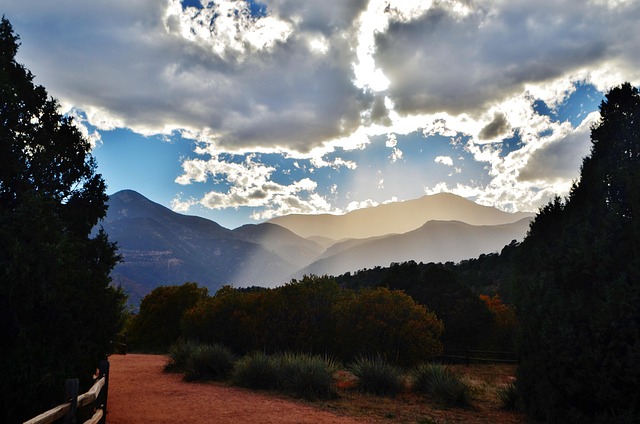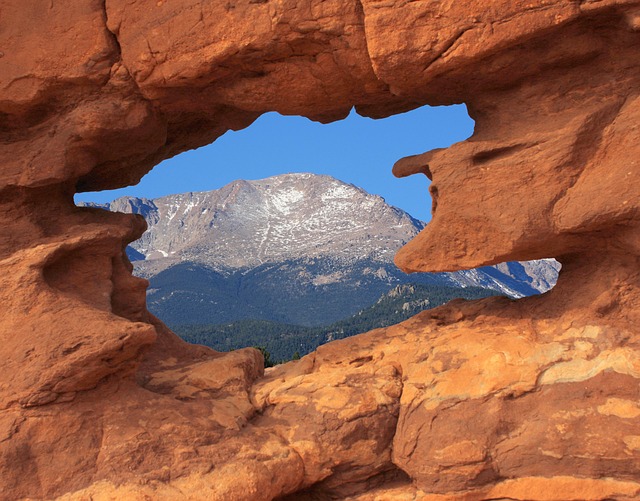Deserts, despite urban development pressures from the real estate sector, offer vibrant outdoor recreational experiences. Adventurers can enjoy activities like hiking, camping, and stargazing. However, proper preparation is crucial: research your area, pack smartly, stay on marked trails, and respect the environment. Balancing recreation with ecological preservation is key; eco-friendly development techniques can mitigate impact while enhancing accessibility for nature lovers.
Discover the allure of desert landscapes and why outdoor recreation is thriving in these unique environments. From breathtaking scenery to diverse activities, deserts offer an adventurous escape like no other. This guide explores the essential tips for planning your desert adventure, ensuring a safe and memorable experience. Additionally, we delve into the importance of responsible recreation and real estate considerations for preserving these fragile ecosystems for future generations.
The Allure of Desert Scenery: Why Outdoor Recreation is Thriving
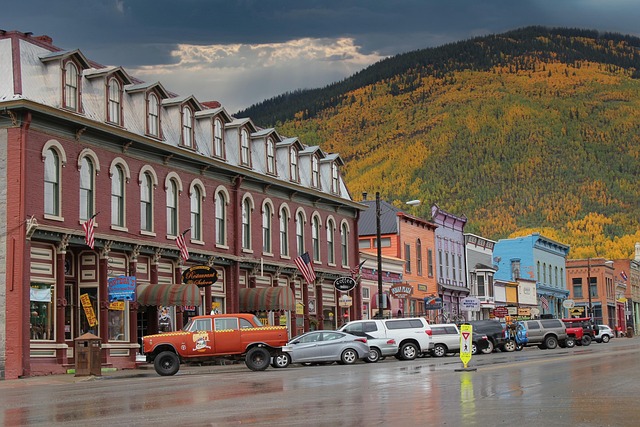
The desert, with its vast stretches of sand, towering rock formations, and stark contrasts between light and shadow, has always held a unique allure for adventurers and nature enthusiasts. This captivating landscape offers more than just breathtaking views; it provides an opportunity for outdoor recreation that is both diverse and exhilarating. The appeal of desert scenery lies in its ability to foster a sense of exploration and connection with the natural world, drawing people from all walks of life to embark on unforgettable journeys.
In today’s digital age, where real estate developments dominate the horizon, the desert stands as a reminder of nature’s enduring power and beauty. It offers a much-needed escape from urban hustle and bustle, allowing individuals and families alike to immerse themselves in activities like hiking, camping, off-roading, and stargazing. The vast open spaces and diverse ecosystems of desert landscapes provide an ideal playground for outdoor enthusiasts, contributing to the thriving recreation industry in these regions.
Planning Your Escape: Essential Tips for Desert Adventures
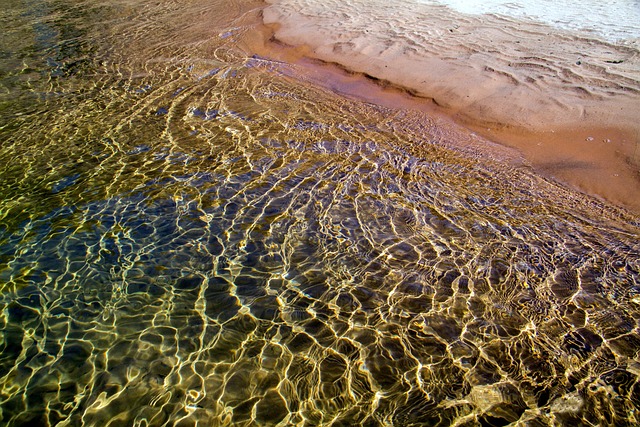
When planning an outdoor recreation adventure in a desert landscape, preparation is key. The vast and often unforgiving nature of deserts requires careful consideration to ensure a safe and enjoyable experience. Start by researching the specific area you intend to explore, understanding its unique challenges and attractions. Check weather forecasts and be prepared for rapid changes in conditions, especially during summer months when temperatures can soar.
Pack smartly; bring adequate water and food supplies, protective clothing, a first-aid kit, navigation tools, and emergency shelter. In remote desert regions, it’s crucial to inform someone of your itinerary and expected return time. Remember, the vast open spaces offer breathtaking views but also demand respect. Always follow designated trails to minimize environmental impact and stay safe.
Sustaining the Desert: Responsible Recreation and Real Estate Considerations

In the pursuit of outdoor recreation in desert landscapes, it’s crucial to balance the desire for exploration with the need to sustain these fragile ecosystems. Desert environments are characterized by limited water resources and unique biodiversity, making responsible recreation practices essential. As visitors flock to these areas, real estate developments can play a pivotal role in mitigating environmental impact. Eco-friendly construction techniques, such as using locally sourced materials and incorporating sustainable water management systems, can minimize the footprint of recreational facilities.
Additionally, strategic planning for real estate projects near desert landscapes should consider accessibility and infrastructure needs while preserving natural habitats. By integrating green spaces and open areas into development plans, recreational activities can be enhanced without compromising the ecological balance. This harmonious approach ensures that both nature enthusiasts and local communities benefit from the economic opportunities that responsible desert recreation brings.
